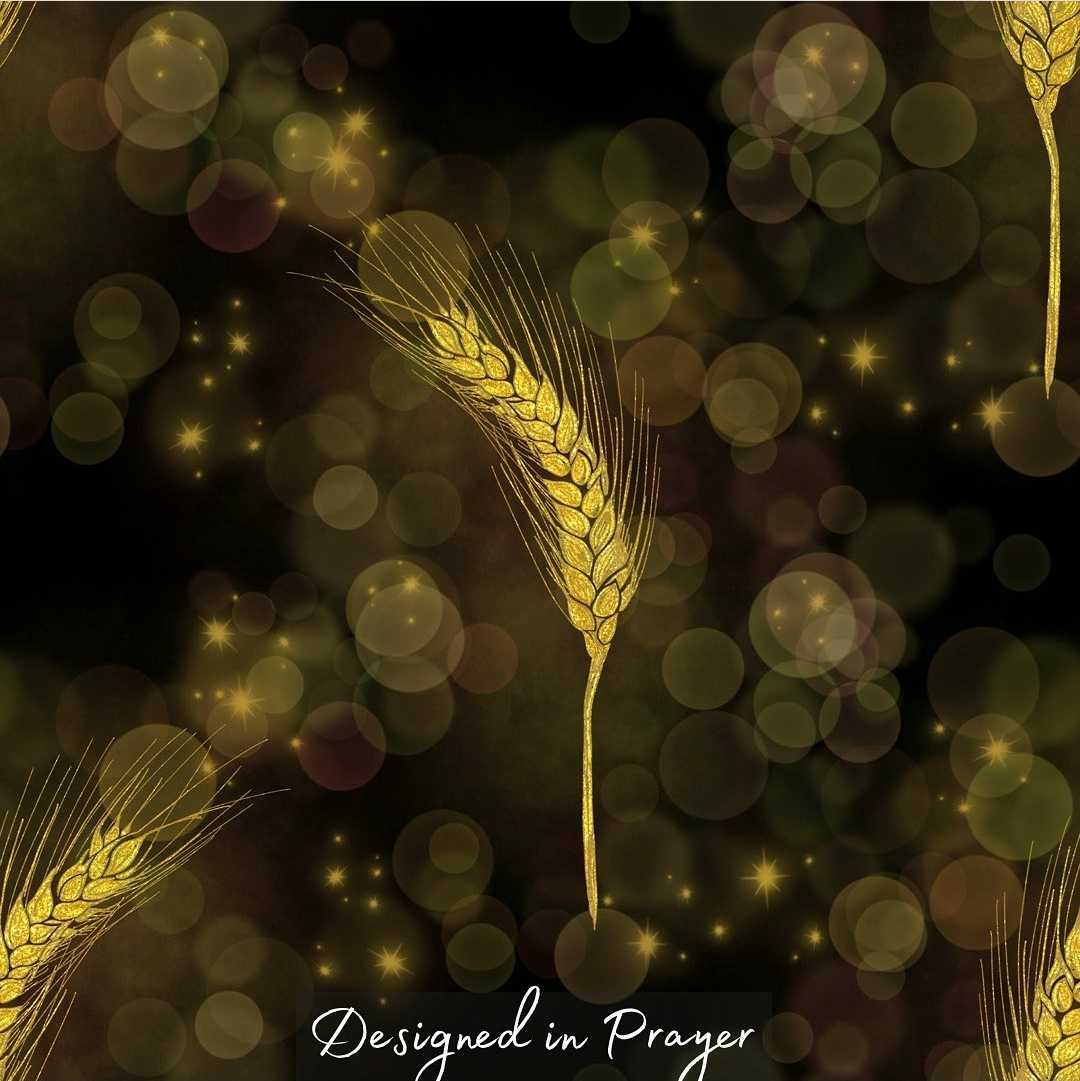Watch
Events
Articles
Market
More
We are observing a 7th year sabbatical for our garden, but some things have come up on their own. ?????. #homestead #farm #garden




We are observing a 7th year sabbatical for our garden, but some things have come up on their own. ?????. #homestead #farm #garden




We are observing a 7th year sabbatical for our garden, but some things have come up on their own. ?????. #homestead #farm #garden




We are observing a 7th year sabbatical for our garden, but some things have come up on their own. ?????. #homestead #farm #garden






As you know I have a few freebies on my site. ?? they are under the bible section on my website. This is the one going up in a mo….
It’s Called…
The Wheat ?
There is a donate button if you would like to donate. ?????
Lots of love!
“Truly, truly, I say to you, unless a grain of wheat falls into the ground and dies, it remains alone. But if it dies, it bears much fruit.”
Yoḥanan (John) 12:24
https://www.designedinprayer.com/bible-believers




The Hebrew text of Numbers 10:35-36 has two inverted nuns (a Hebrew letter) bracketing a famous prayer of Moses. Were these present in the original texts written by Moses or were they added by some later scribe? Nobody knows for certain.
#behaalotcha #torah
https://www.sefaria.org/sheets/118991


